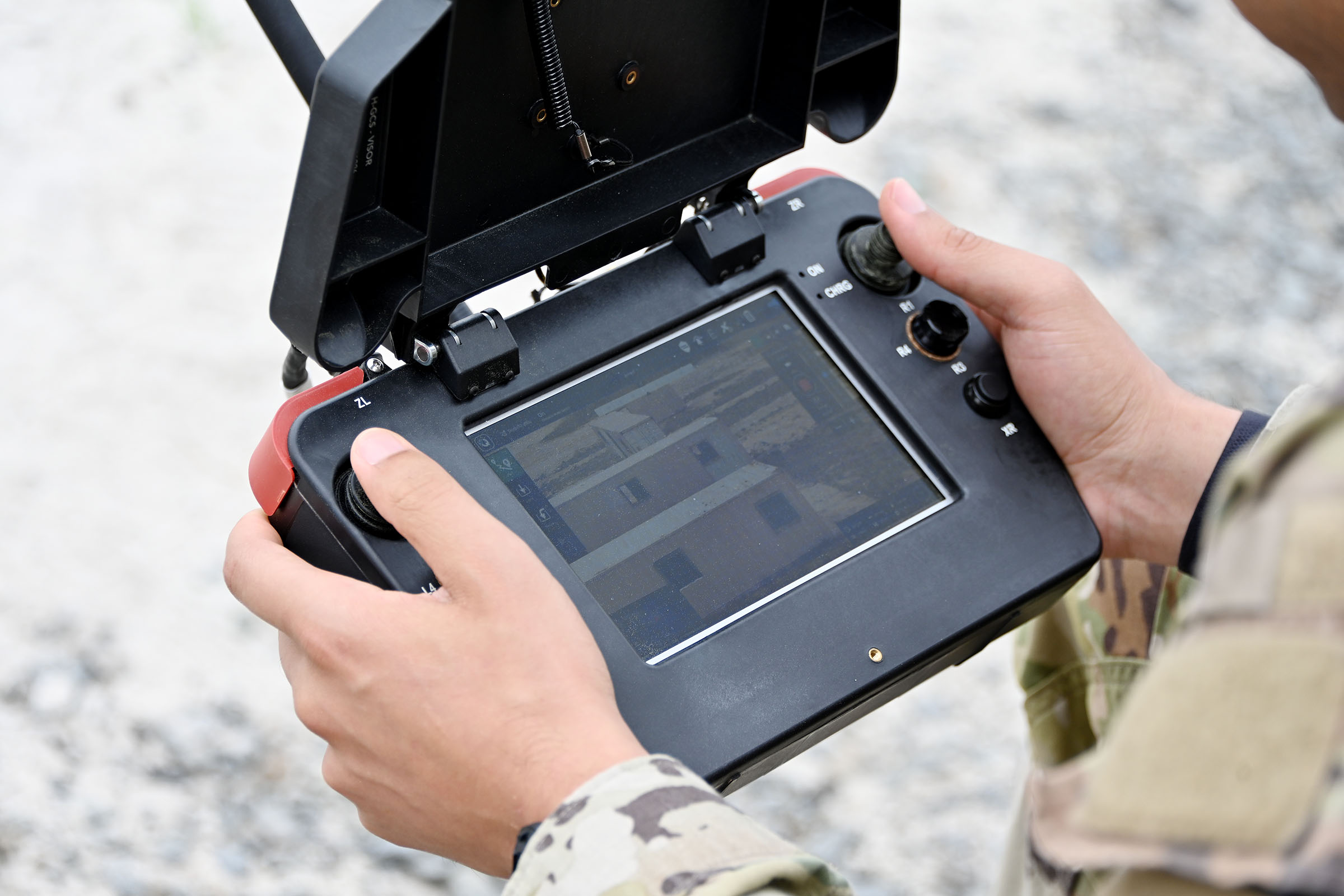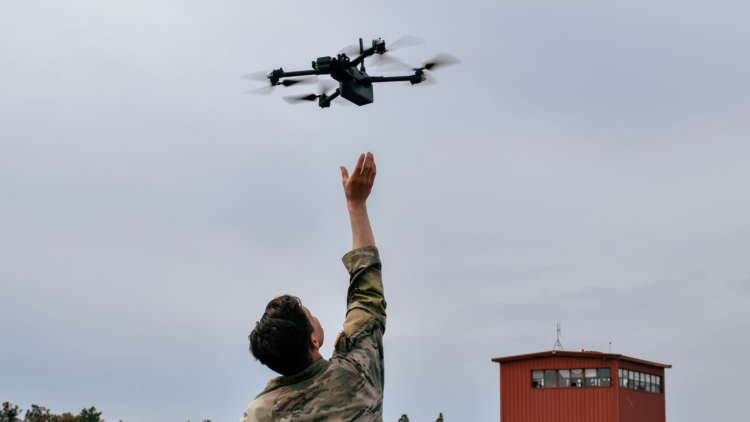- Managing small and medium-sized drones;
- Spearheading counter-drone systems to bolster US defenses; and
- Potentially even developing larger, more sophisticated platforms in the future.
Benefits of a Dedicated Drone Corps
Proponents of the Drone Corps highlight several potential benefits.
Key advantages include increased specialization and innovation in drone warfare.
A dedicated branch could streamline training programs, fostering a new generation of drone experts within the Army.
These experts wouldn’t just be pilots; they’d be well-versed in tactics, strategy, maintenance, and the ever-evolving world of drone technology.

Additionally, targeted recruitment efforts could attract skilled drone operators and engineers, a growing necessity in modern warfare.
Imagine a talent pool brimming with hobbyists, tech enthusiasts, and individuals passionate about pushing the boundaries of drone capabilities.
Concerns and Potential Hurdles
However, the proposal has also sparked debate.
The Army Undersecretary, Gabe Camarillo, has expressed concerns that a separate branch could disrupt current efforts to integrate drones across existing units.
He argues that a more distributed approach, with each branch (Infantry, Armor, etc.) possessing its own drone capabilities, might be more effective.
“Operating and defending against the drone threat is something that will be experienced by, you know, all formations at multiple echelons,” Camarillo said.
“Specializing a singular drone branch to get after the operation of these capabilities runs counter to what we have been focused on, which is ensuring that we are experimenting with different parts of different formations to understand how best to employ them to achieve the battlefield effects that we want to have.”
Camarillo raises a valid point.
The battlefield is a complex ecosystem, and seamless integration of different technologies and strategies is crucial for success.
But proponents argue that a dedicated branch wouldn’t operate in isolation.
It could provide specialized support to existing units while also developing its own unique capabilities and expertise.
Another potential hurdle lies in leadership. Who would lead this new branch?
The House Armed Services Committee staffer mentioned the possibility of a dedicated general officer, but integrating a new branch with such a high-ranking leader could create friction within the existing Army structure.

Despite Concerns, Initiative Gains Traction
Despite these concerns, the initiative appears to have a strong chance of passing.
A House Armed Services Committee staffer noted, “The chances are pretty high” it would be adopted.
The proposed bill also allocates $350 million for the Army’s top counter-drone equipment priorities, highlighting the growing importance of these capabilities.
The Future of Drone Warfare: A Look Ahead
The creation of a Drone Corps would mark a significant shift for the US Army. Whether it proves to be a game-changer or a bureaucratic hurdle remains to be seen. Here are some additional factors to consider:
The Global Drone Landscape: China, Russia, and other major powers are also investing heavily in drone technology. A dedicated Drone Corps could help the US maintain its technological edge.
The Future of Warfare: Drones are likely to play an even greater role in future conflicts, potentially revolutionizing tactics and strategies. A Drone Corps could be at the forefront of developing these new approaches to warfare.
Ethical Considerations: The use of drones raises ethical concerns, particularly regarding civilian casualties. A dedicated Drone Corps would need to develop robust protocols and training to minimize these risks.
The days of drones being a niche technology are over. The battlefield has spoken, and the US Army is taking notice.
Creating a Drone Corps could be a pivotal step in adapting to this new reality.
However, careful consideration must be given to ensure its successful integration within the existing military structure.










COMMENTS